Yellow Decembrist (Schlumberger): features of cultivation
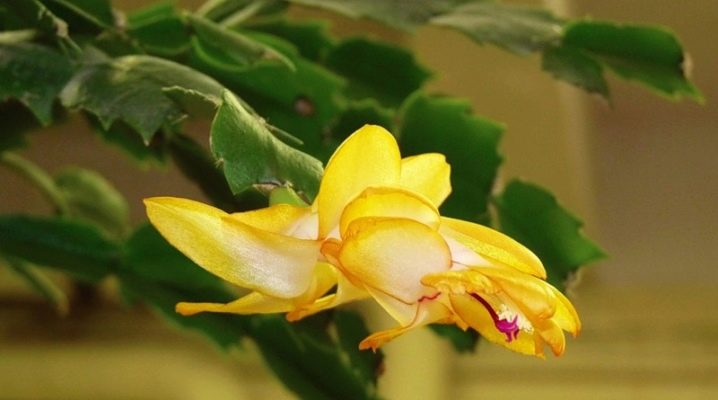
The Decembrist is an unusual houseplant popular among novice florists. The demand for a flower is explained by its unpretentiousness. Even an amateur can handle plant maintenance at home. The culture has several names, among which, for example, the names of Schlumberger or Christmas, and the most unpretentious subspecies are yellow varieties.
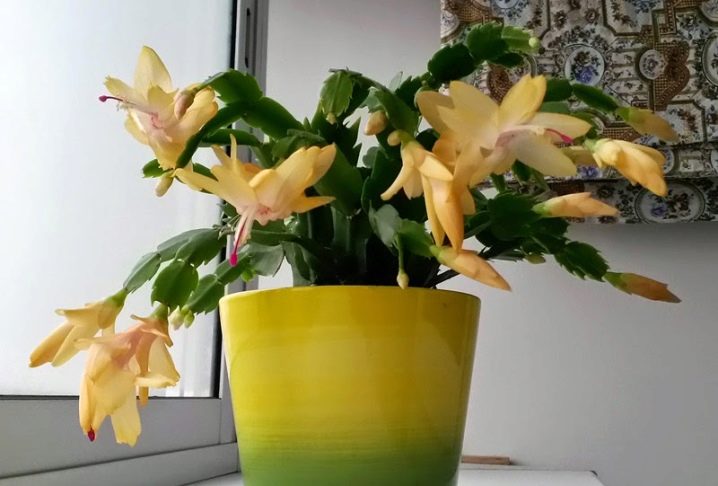
Description
Schlumberger's yellow Decembrist belongs to forest epiphytic cacti. The plant is characterized by the ability to absorb useful elements and water from the air. The culture grows up to 40 cm. The branches form united parts, the length of which is 4–7 cm. The bush form gives the grower the opportunity to keep the variety in hanging containers. The sprouts are distinguished by a bright green color, they have a dense structure and a toothed top.
The plant receives additional substances due to the villi that cover the shoots. The flowers have a golden hue, the petals are shiny like silk, the stamens are deep pink.
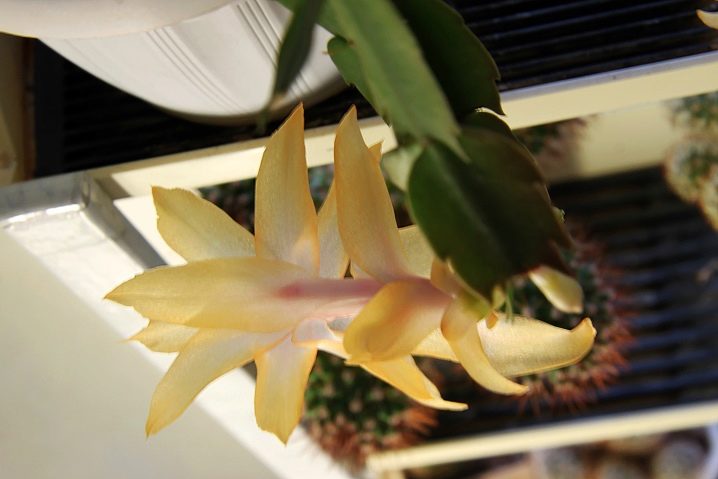
The growing season begins in March and ends in September. At this time, the specimen is waiting for good air circulation, it will feel more comfortable in partial shade. The first period of dormancy lasts from September to October. During this period, it is recommended to lower the temperature and reduce the frequency of watering.
To lay the buds more smoothly, experienced gardeners advise to water the culture with tea during this period.
During the flowering period of the Decembrist, you need to moisturize and feed well. Duration of flowering is 1-1.5 months. The better the conditions of detention, the longer this period lasts. The abundance of flowering is also determined by the correct care. Ultraviolet rays at this time do not frighten the Decembrist, since they do not burn, but sunlight is very important, therefore it is recommended to keep the flowering plant on the windowsill. From February to the second half of March, the second rest period begins. Watering again needs to be reduced, it is required to create partial shade conditions.
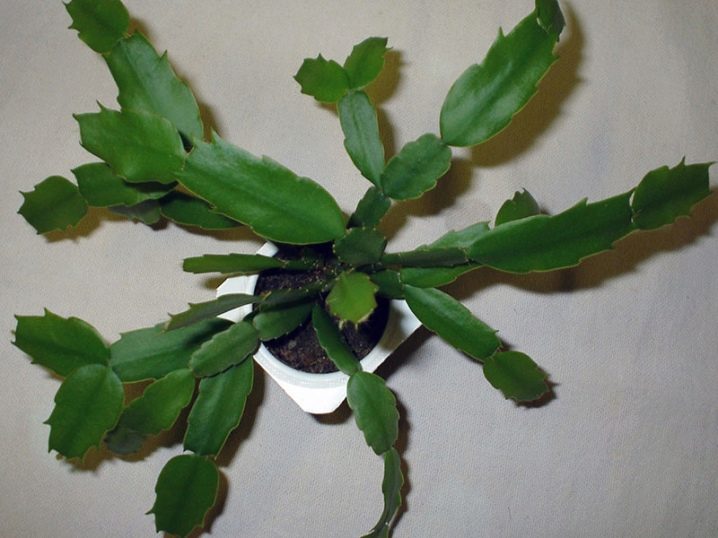
Care
The flower needs moderate moisture. During the period of active growth and flowering, regular watering is required with settled water at a temperature of + 18-20 degrees. The recommended frequency of watering is once every 3 days. It is best to moisturize the plant in small portions. During the dormant period, it is enough to water the culture every 7-10 days, however, it is important for the grower to wait until the soil dries out. Don't forget in the summer spray the plant every day.
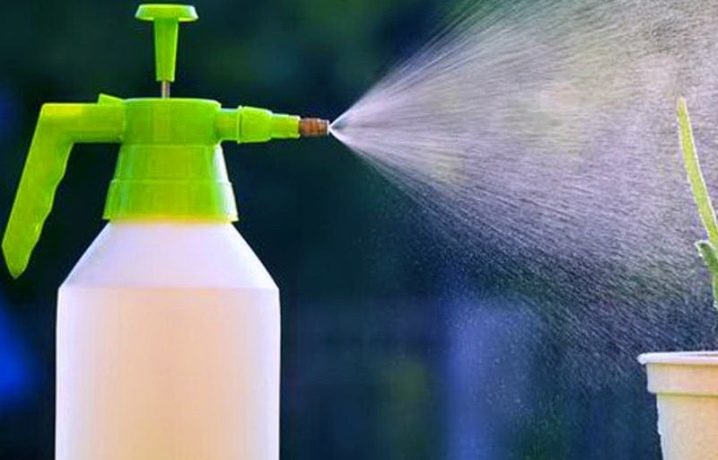
The temperature favorable for the full development of the Decembrist is + 20-24 degrees during the day and + 15-18 degrees at night. During the rest period, the flower feels comfortable at a temperature of + 10-18 degrees. A short-term drop in air temperature by 5-8 degrees is allowed.
Illumination is important. The yellow Decembrist prefers diffused light, so when choosing a place for a pot, try to avoid areas where direct ultraviolet rays fall. In the first period of rest, it is advisable to reduce daylight hours, this manipulation will allow you to achieve lush flowering. To improve the growth of young stems during the warmer months, the plant should be placed on a balcony in a shaded area. Provide protection against drafts.
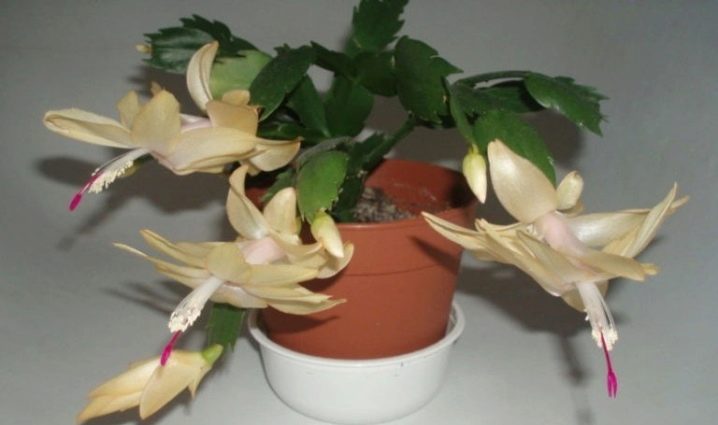
During the growing season, feed the flower with nitrogen-containing mixtures, however, the portion should be half the size indicated on the package.
At this time, a couple of dressings per month or even less often are enough. In preparation for flowering, the plant needs phosphorus-potassium fertilizers.For example, eggshells will do. To prepare the mixture, the shell is soaked in water for a day and the culture is watered with the resulting composition. At this time, two additional dressings per month are also sufficient. In the case of feeding, it is important not to overdo it.
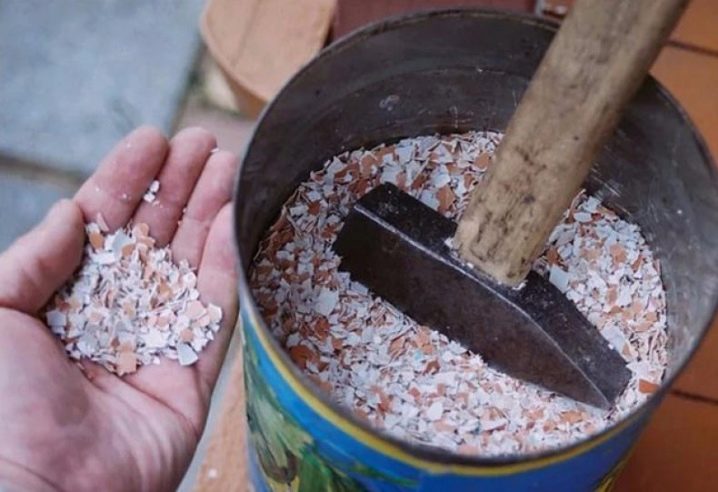
Of the pests, scale insects, spider mites and mealybugs like to feast on the yellow Decembrist most of all. It is recommended to use Fitoverm and Aktara preparations to combat these insects. Fungi that more often infect the culture - fusarium, late blight, brown rot - eliminated by "Fitosporin" or "Quadris".
For the prevention of diseases and pests, it is important to observe moderation of watering, to avoid keeping in the cold and in conditions of low humidity.
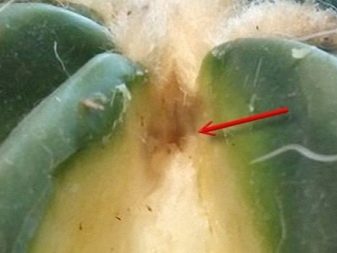
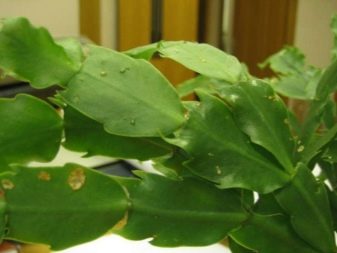
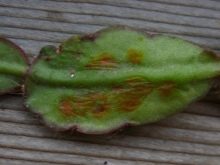
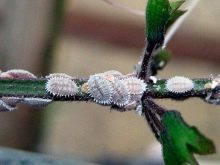
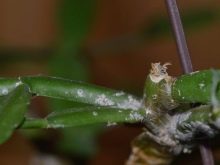
Pruning and reproduction
To form an aesthetic crown, the main shoots are cut into 2-3 segments each year in the spring. This procedure is intended to make the future flowering more lush and abundant. Do not forget to remove injured branches. If healthy strong segments are preserved after pruning, then they are suitable for reproduction. Try to plant shoots in containers of 2-3 pieces, pour over "Kornevin" and put in a warm place at a temperature of + 22-25 degrees.
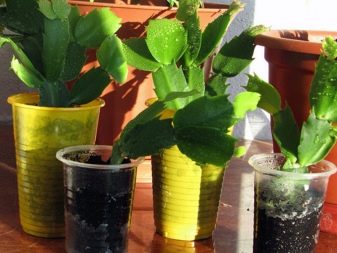
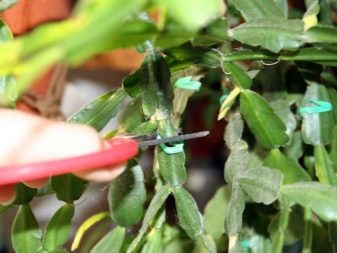
Transfer
Particular attention should be paid to plant transplantation. An adult specimen must be transplanted every 2-3 years. To do this, prepare a soil mixture with the addition of sand, such a composition will prevent moisture stagnation. For growing a yellow Decembrist, a substrate for cacti is suitable.
If you want to make the soil yourself, then use the following recipe: combine turf soil (2 hours), sand (1 hour), deciduous soil (1 hour), perlite (1 hour), peat (1 hour).
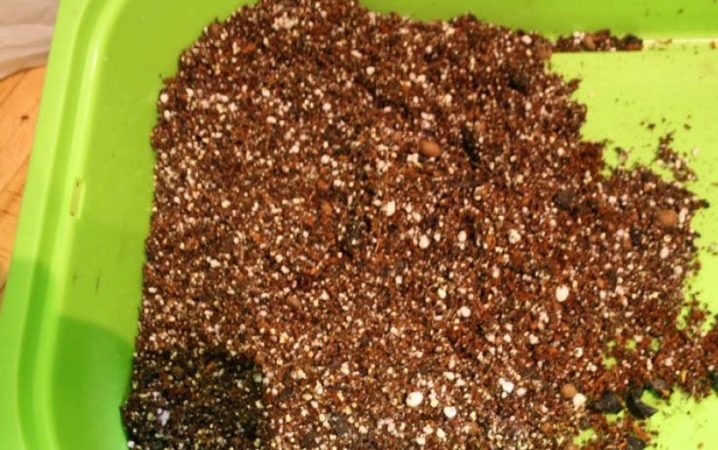
Please be aware that the next transplant involves the use of a pot that is 2-3 cm wider than the previous one. It is important to organize quality drainage.
The transplantation itself is carried out transshipment method... The root system is not cleared of old soil; when a flower is planted in a new container, the voids are simply filled with renewed soil.
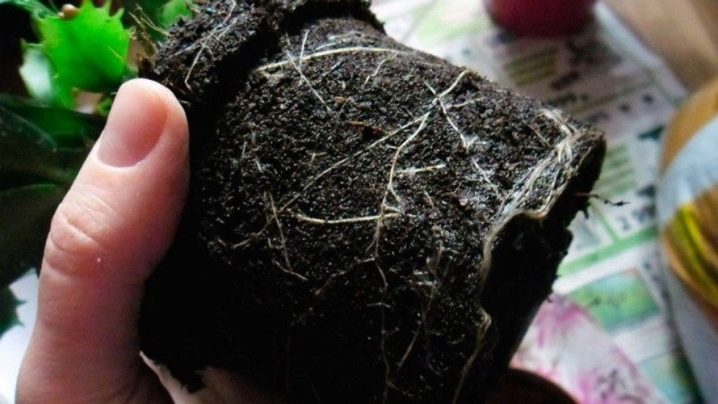
How the yellow Decembrist blooms, see the video below.




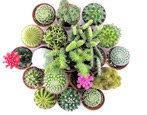
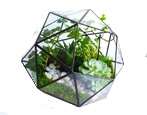
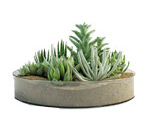
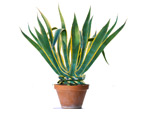
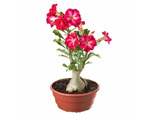
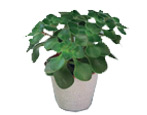
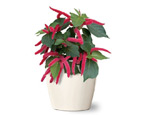
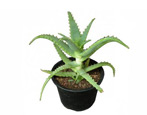
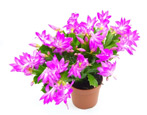
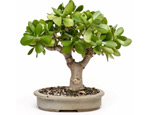
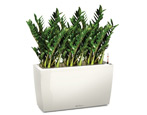
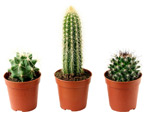
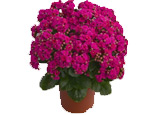
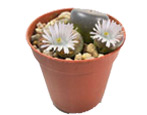
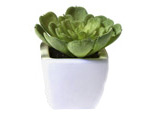
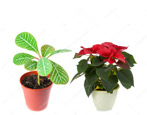
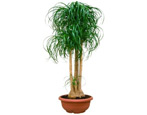
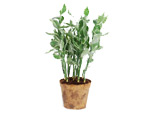
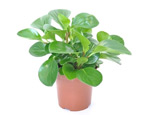
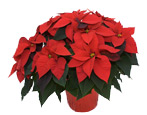
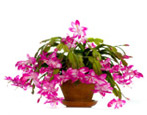
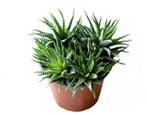
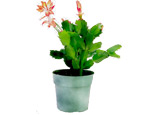
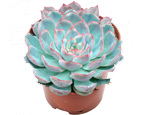
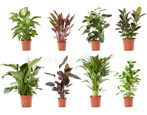
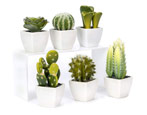
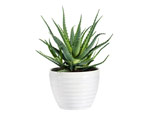
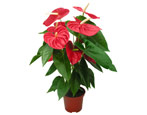
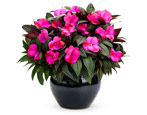
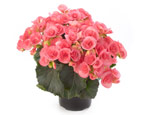
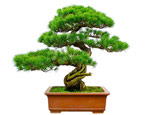
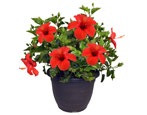
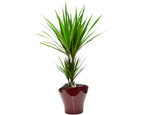
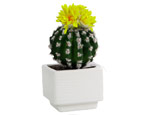
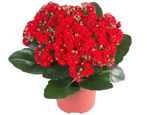
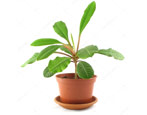
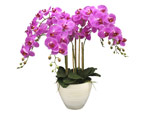
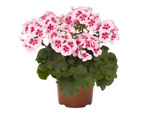
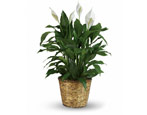
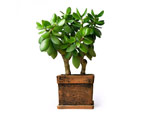
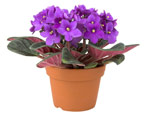
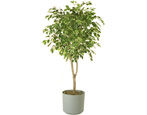









The comment was sent successfully.